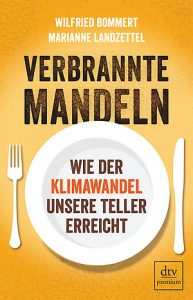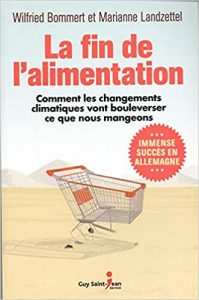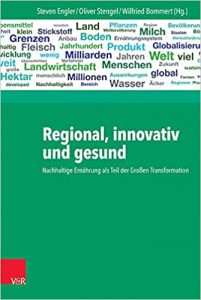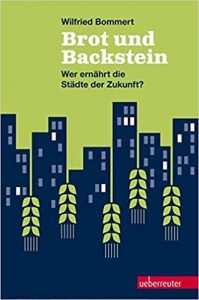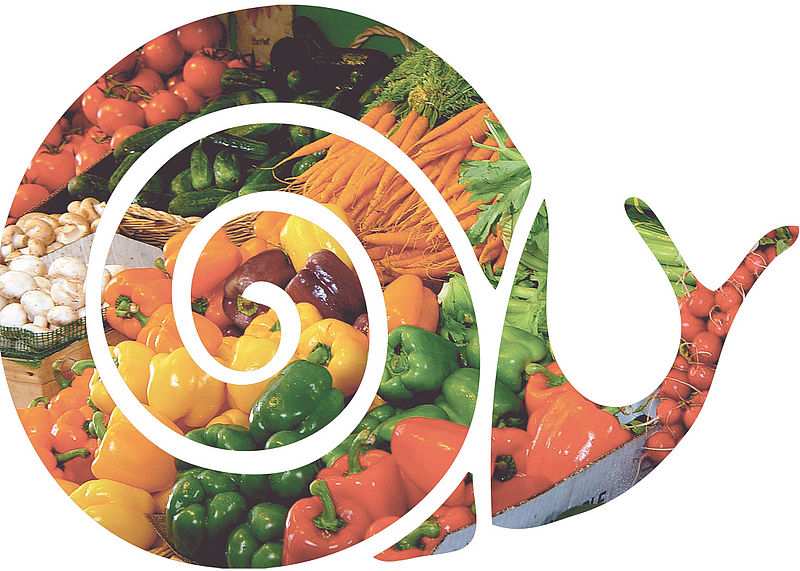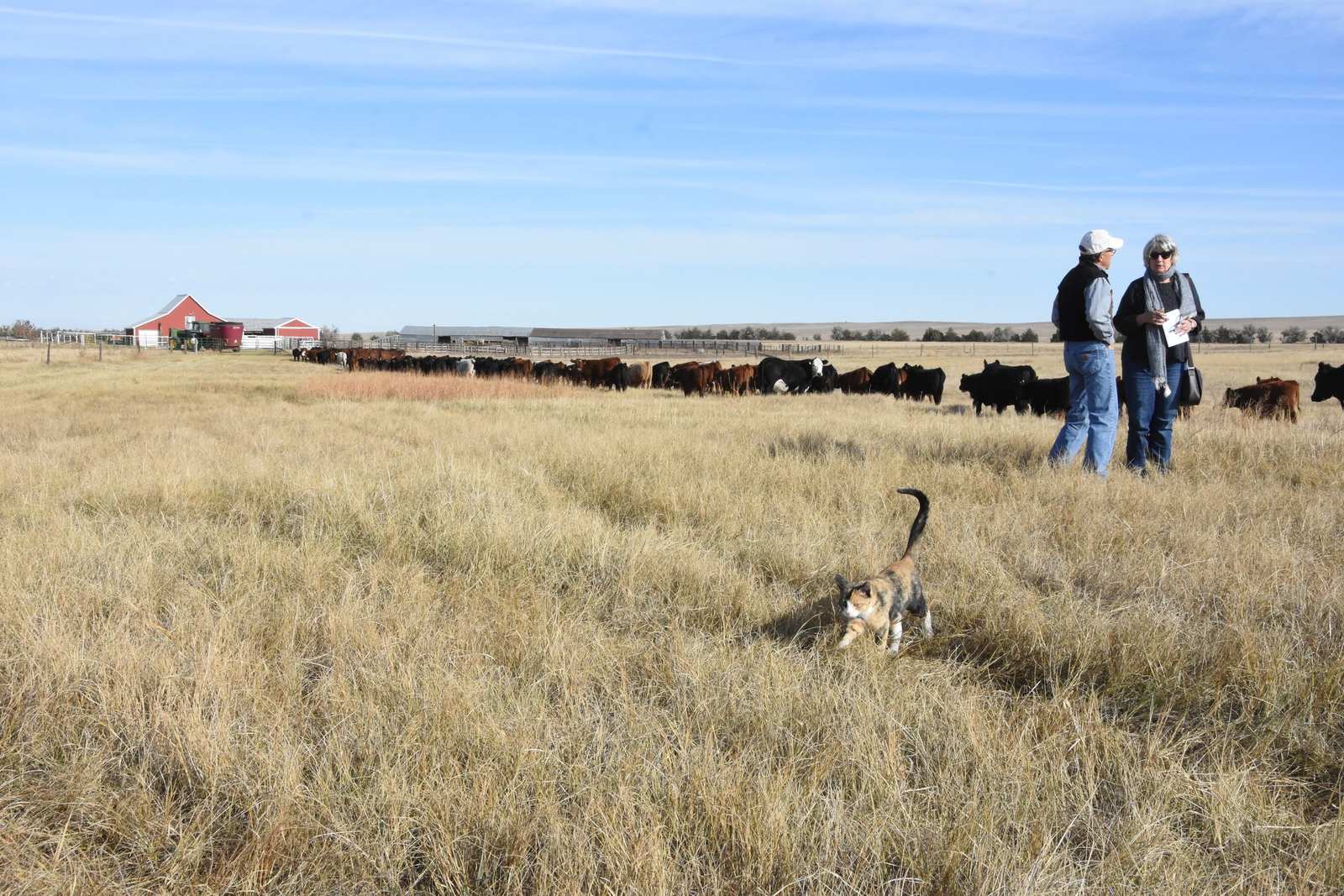
Articles

Out of money and out of options
Upland farmers in England (part 1)
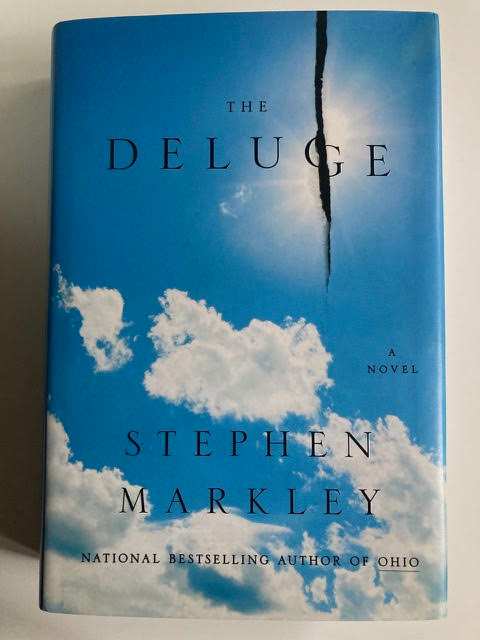
The Deluge by Stephen Markley
When a fictional dystopia seems all too real.
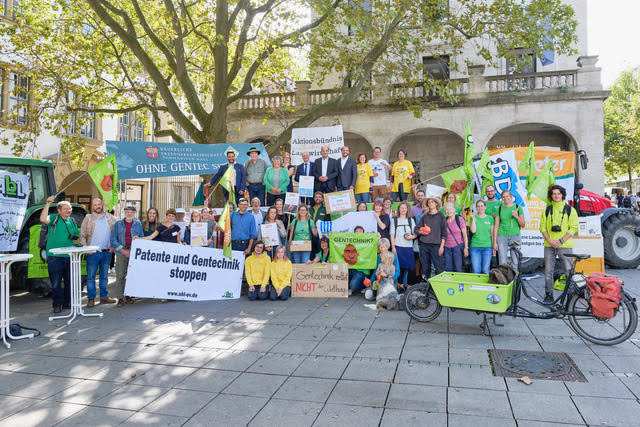
Keep out of our fields and off our plates
Why aren’t we protesting for GMO-free food, too?

Upland Farmers in England
Facing Harsh Realities – Part 1

Upland Farmers in England
Facing Harsh Realities – Part 2
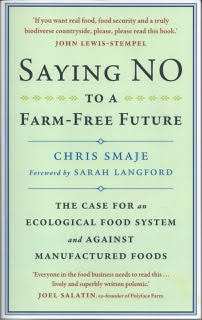
Why George Monbiot is wrong
Chris Smaje makes the case in his new book: Saying No To A Farm-Free Future
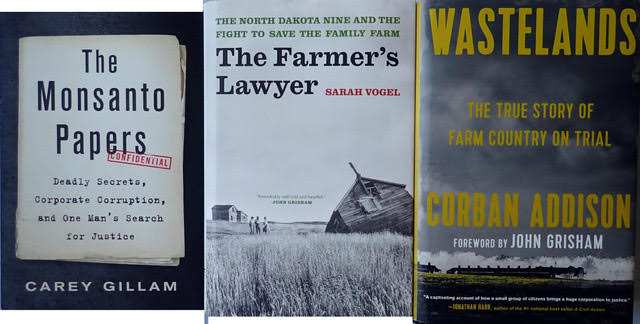
Courtroom dramas and hero lawyers
Three non-fiction books on ag crime and punishment
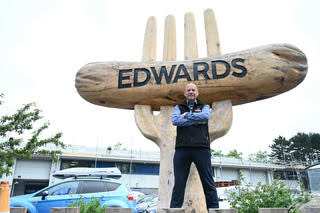
Craft butcher series 6 – Ieuan Edwards
Welsh sausages go national

Craft butcher series 5 - David Gigli
From wholesale pie maker to butchery and bistro
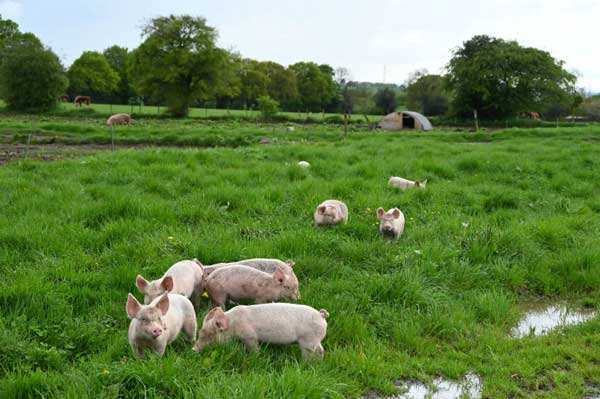
Craft butcher series 4 - Will Simkin
When you raise pigs, why not sell the meat in your farm shop?
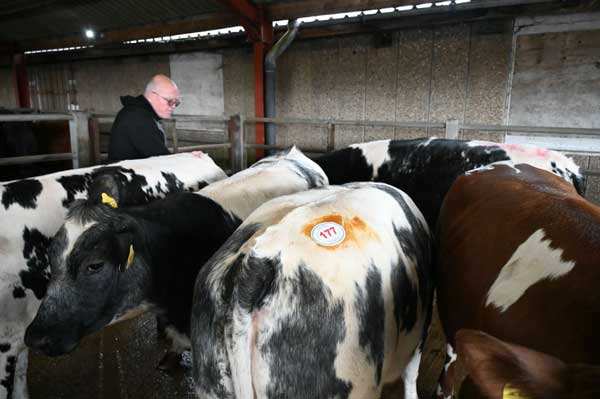
Craft butcher series 3 - George Debman
Buying lamb and beef on the hoof

Craft butcher series 2 - Robert Jones
Meat future in garden centres

Craft butcher series 1 - Richard Douglas
When the world goes dark...

Seventh generation farmer Phil McGrath
Growing organic veg and berries on California’s Oxnard Plain
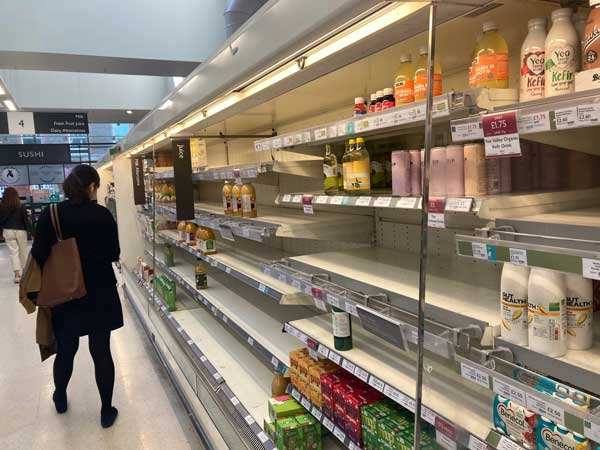
British food and agriculture going from bad to worse
Consumers need to get used to empty shelves

Courtroom dramas and hero lawyers
Three noon fiction books on ag crime and punishment

The post-Brexit seed future
Why British growers will struggle to get the seeds they need

Why buying locally produced meat is not an easy task
Meat from supermarkets can rarely be traced back to a farm

Brexit Bites – Farming in Britain after CAP
For British Farmers the situation is likely to get worse

Lessons from COVID-19: US funds small abattoirs and independent meat processors
The power of the Big Four

Russia, Agriculture & Energy
How industrial agriculture helps Putin’s war
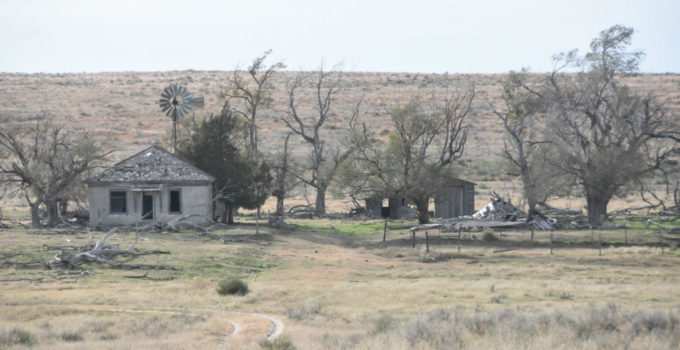
Ukraine: Wheat, War and History
The breadbasket of Europe

The kindness of butchers – why a small, farmer-owned abattoir in southern Germany is thriving. Pt III
This is the third part of a detailed examination of a small abattoir and how it works
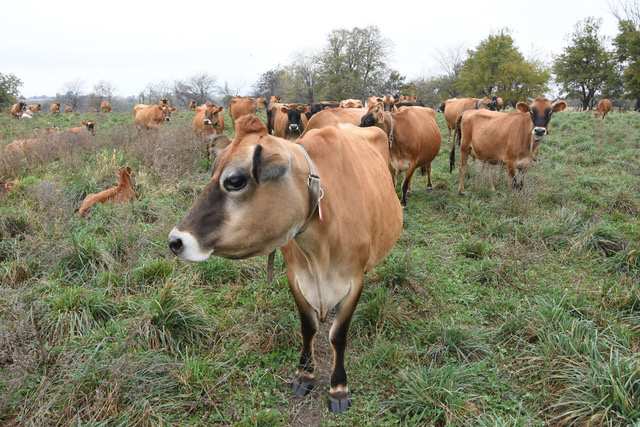
Let them graze! Keeping dairy cows on grass has multiple benefits
Advertisers love to put images of grazing cows on dairy products. However, the animals you are mostly likely to see grazing in the British countryside are beef cattle.
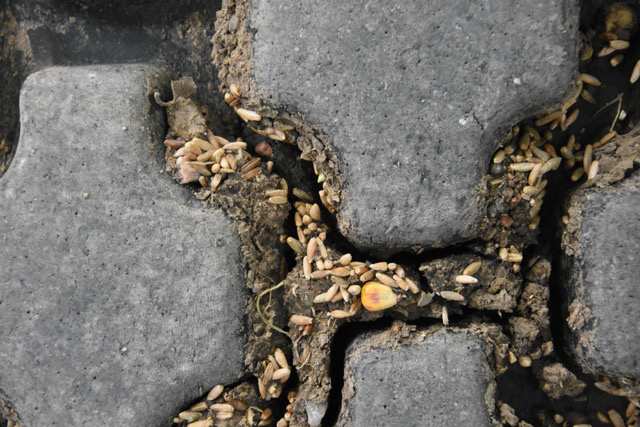
‘Slow, tricky and a pain’ – importing seeds after Brexit
The rows of colourful seed packets on display in large garden centres in the UK may look as well stocked and tempting as ever, and big seed companies too, continue to offer a wide choice of conventional, mostly hybrid varieties.
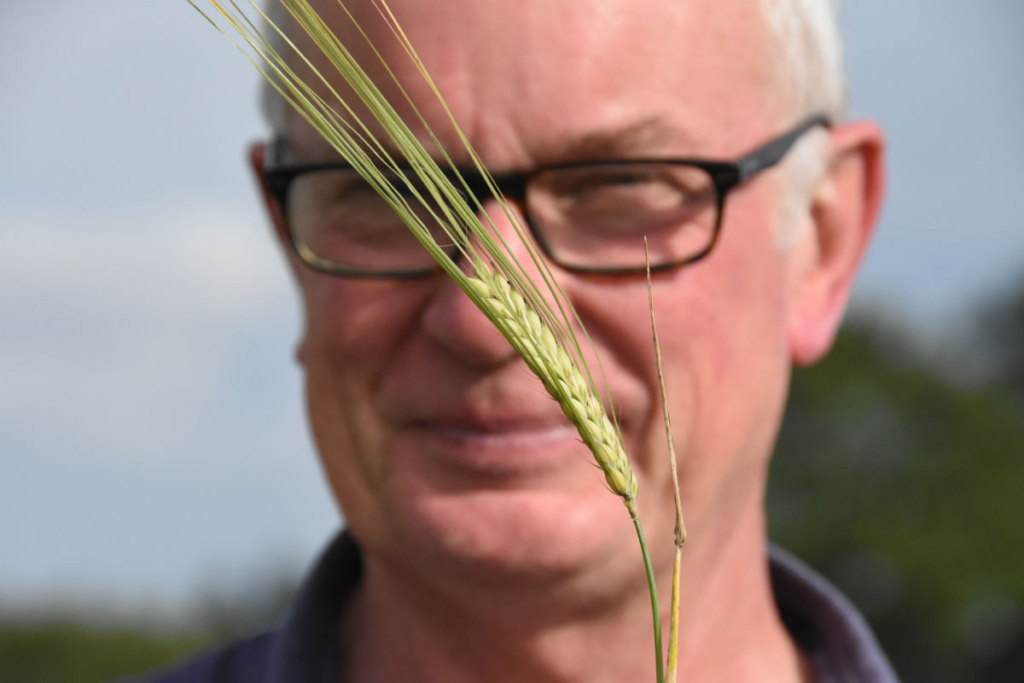
Going down to the woods tonight – John Pawsey, Shimpling Park Farm
Farmer profile for the Organic Research Centre
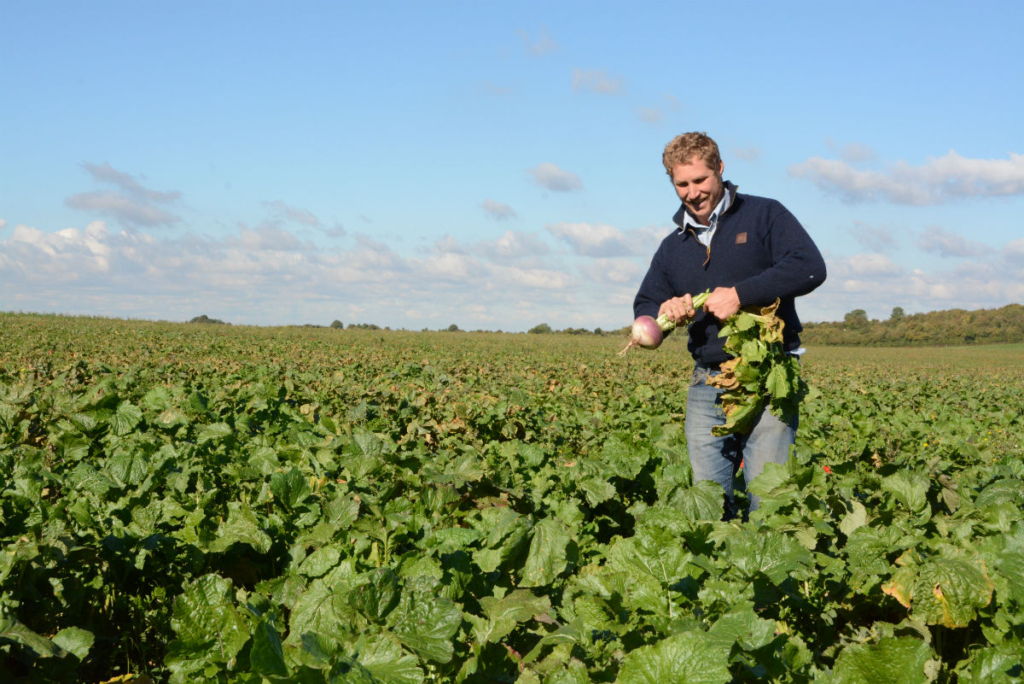
Find partners, minimise risk, increase profit – Tim May, Kingsclere Estate
Farmer profile for the Organic Research Centre
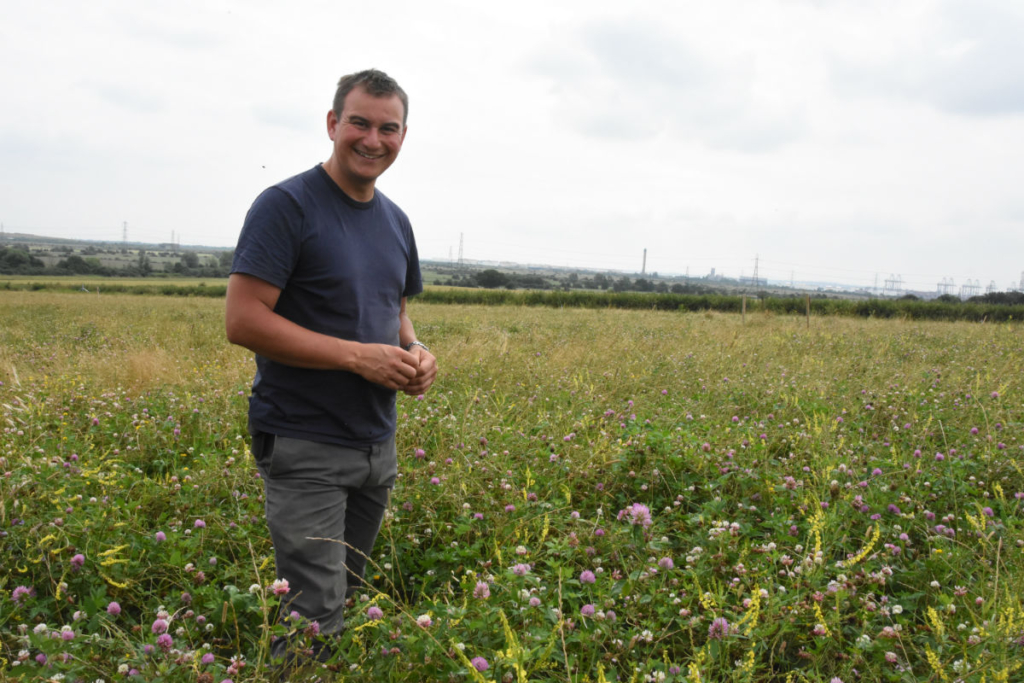
Radical farm makeover – George Young, Curtis Farm
Farmer profile for the Organic Research Centre
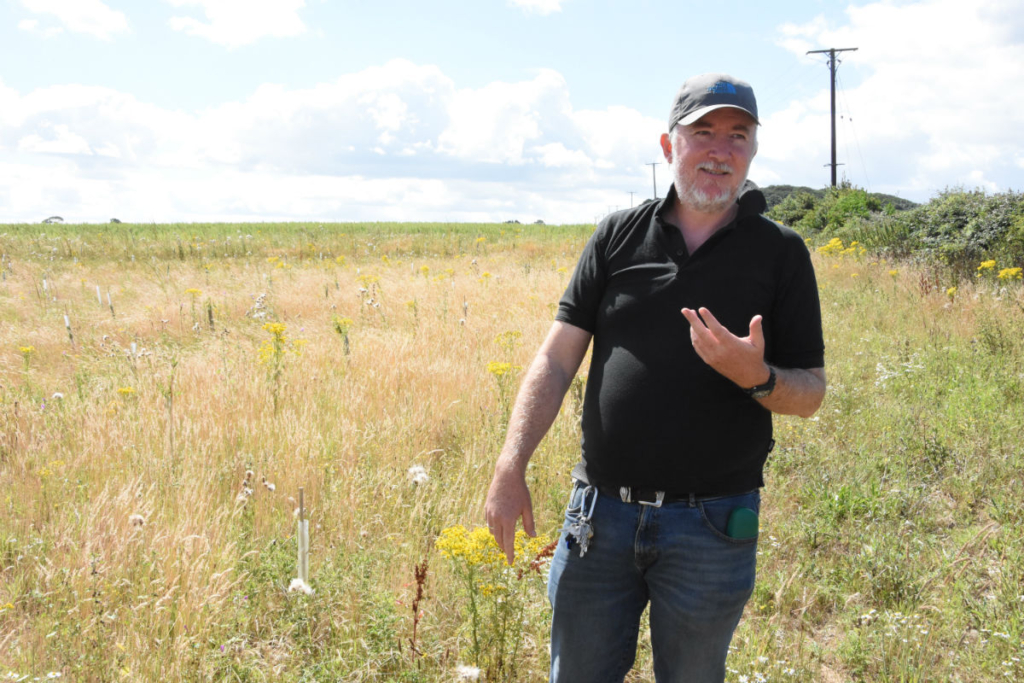
Going cold turkey during a perfect storm – Nathan Nelson, Deepdale Farm
Farmer profile for the Organic Research Centre
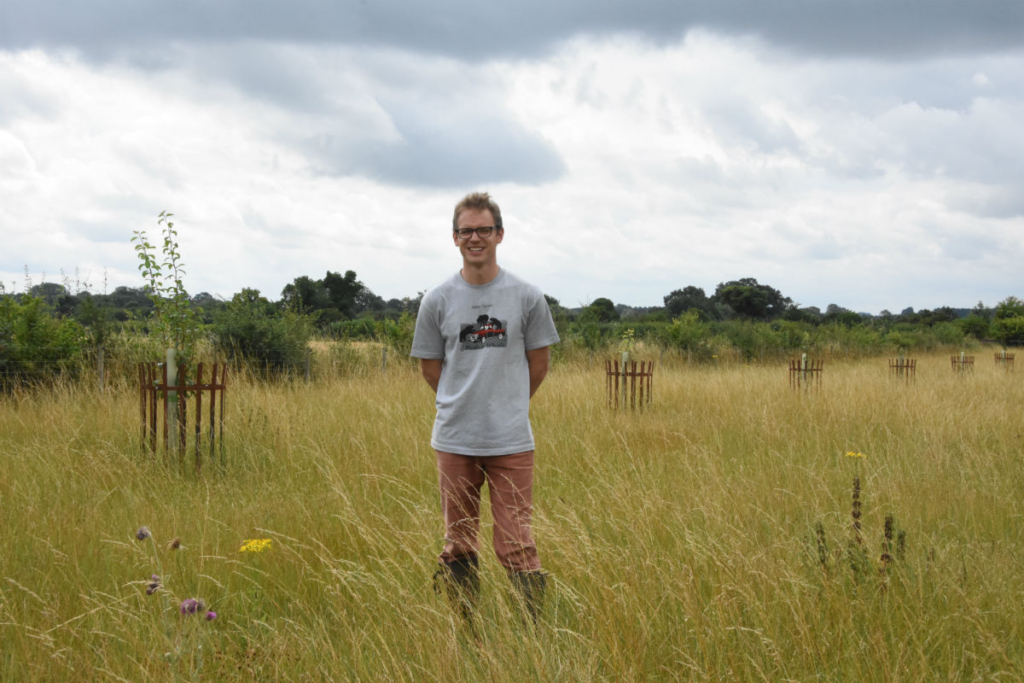
“Now is our time” – George Atkin and Field Farm. Will going organic be the farm's future?
Farmer profile for the Organic Research Centre

The kindness of butchers
Small abattoirs and trained butchers are great for animal welfare, food quality and farm income

Things will only get worse
The post Brexit reality is hitting farmers hard
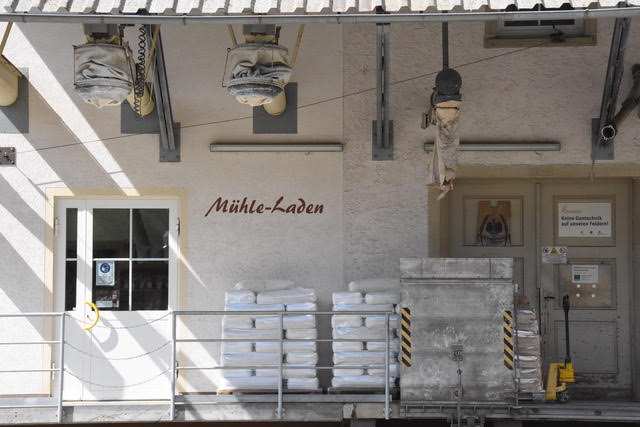
Taking pride in heritage crops and community
A local food system in southern Germany makes its mark
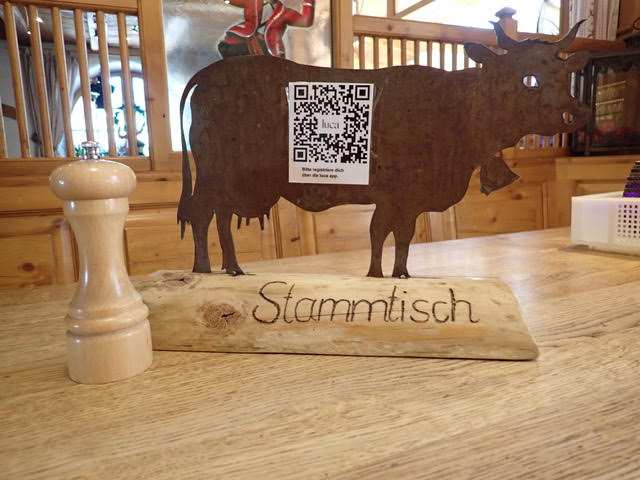
Small abattoirs in Germany
You get what you pay for. Without well trained butchers small abattoirs can be as bad as big ones.

'Where we come from you don’t buy vegetables, you grow them’
How two women built a community garden in South London estate

Don’t read this over breakfast
Danish study finds that 85% of egg laying hens have a fractured keel bone

Hard times to come:
After Brexit, the future of small, family farms hang in the balance

Patient mums, escape artists & a youth gang
It’s lambing season!
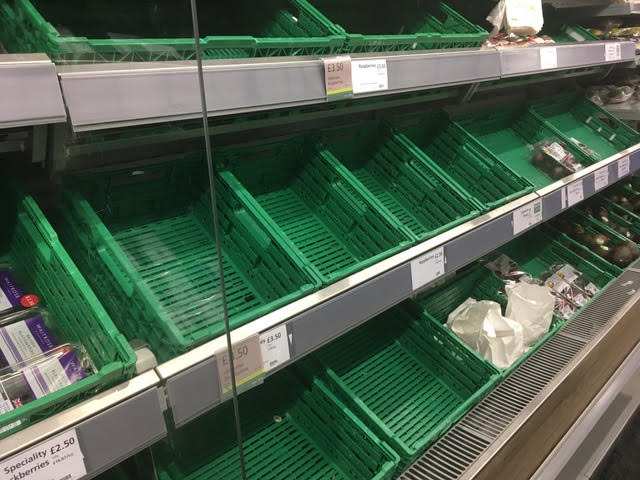
Brexit: How the new trade rules affect farmers
Higher costs, less profit and an increasing labour shortage.
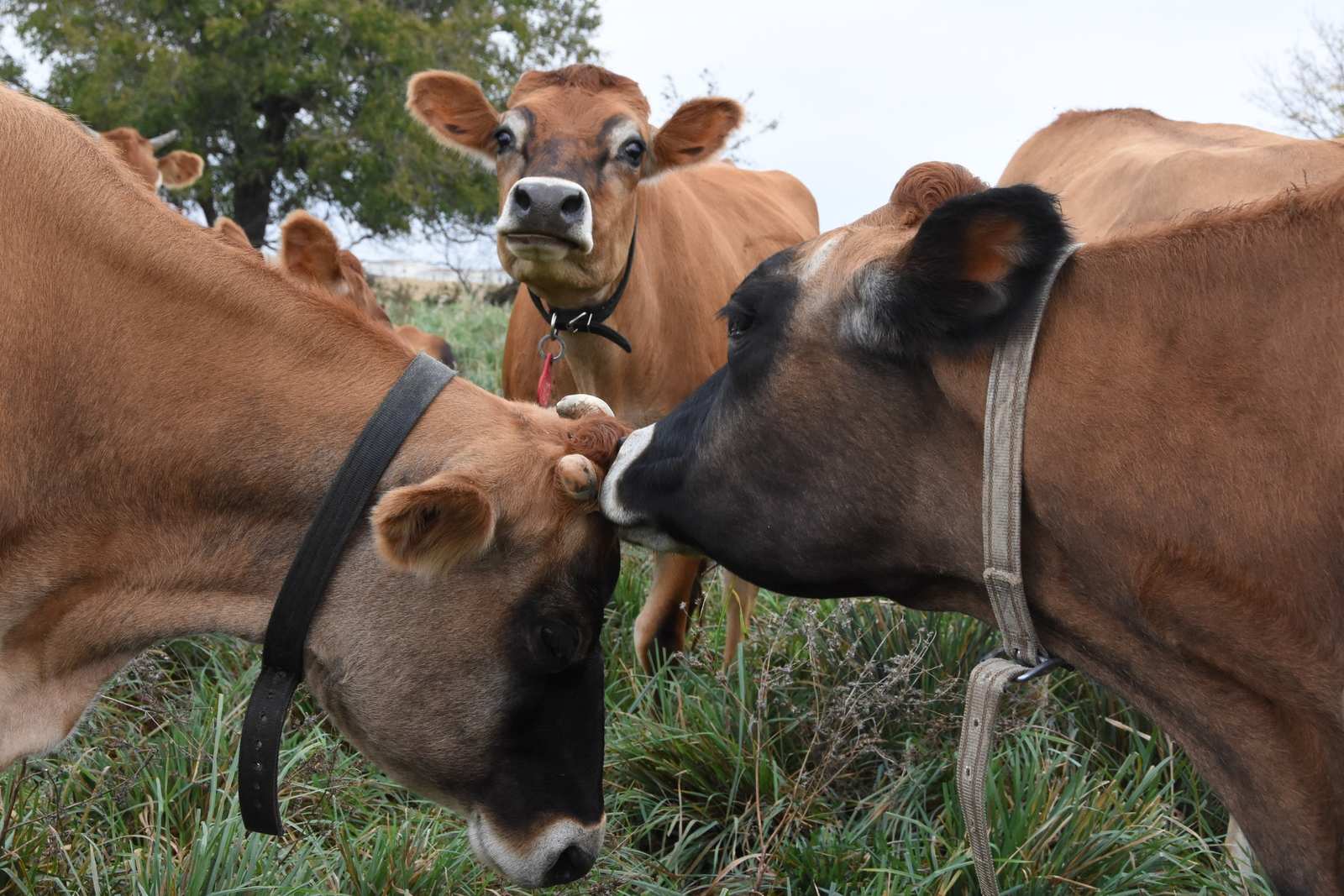
Genes for the future: Why we need rare breeds
The variety of cattle breeds is glorious. Whitebred Shorthorns have pure white coats and pink noses. Dark noses and ears give British White particularly expressive faces.
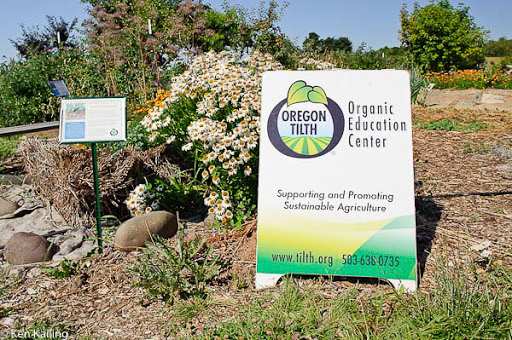
Oregon Tilth USA
Articles published on Oregon Tilth USA
Books
London Cowgirl
Copyright ©2024. Powered by the Team at webrand.tech. All Rights Reserved.
